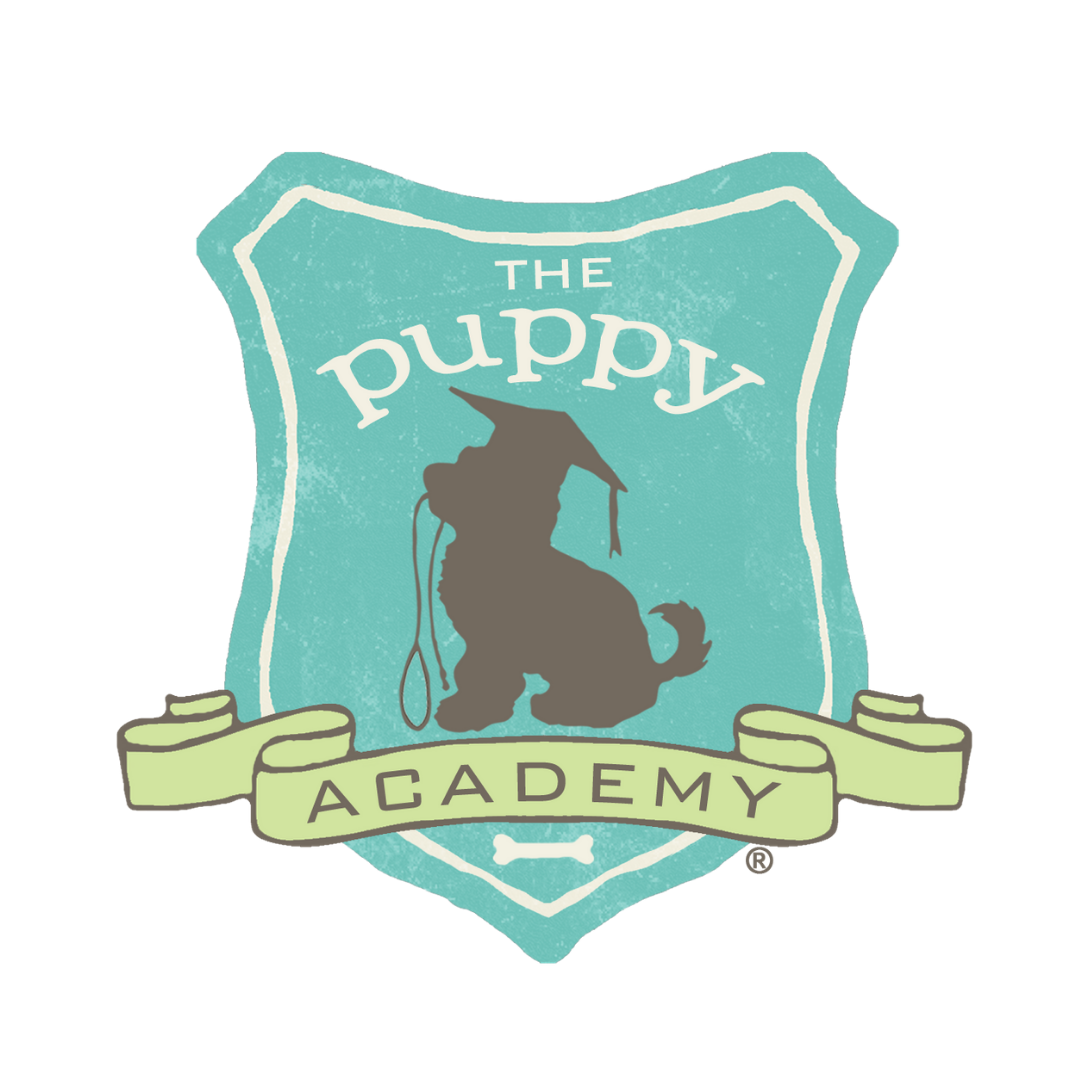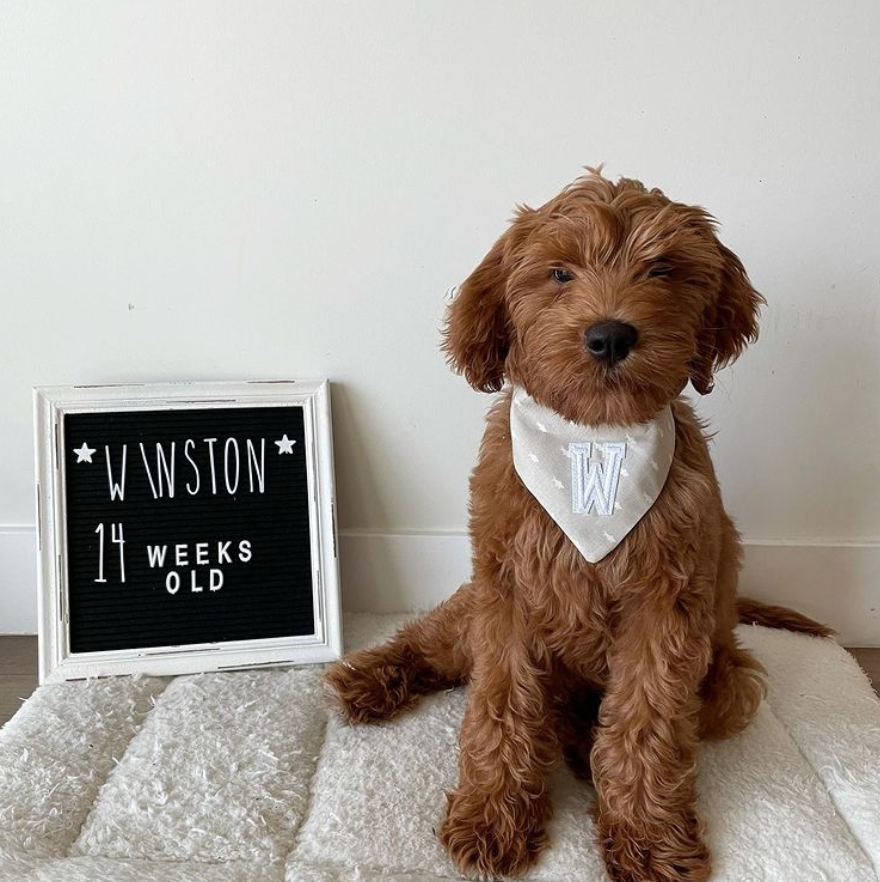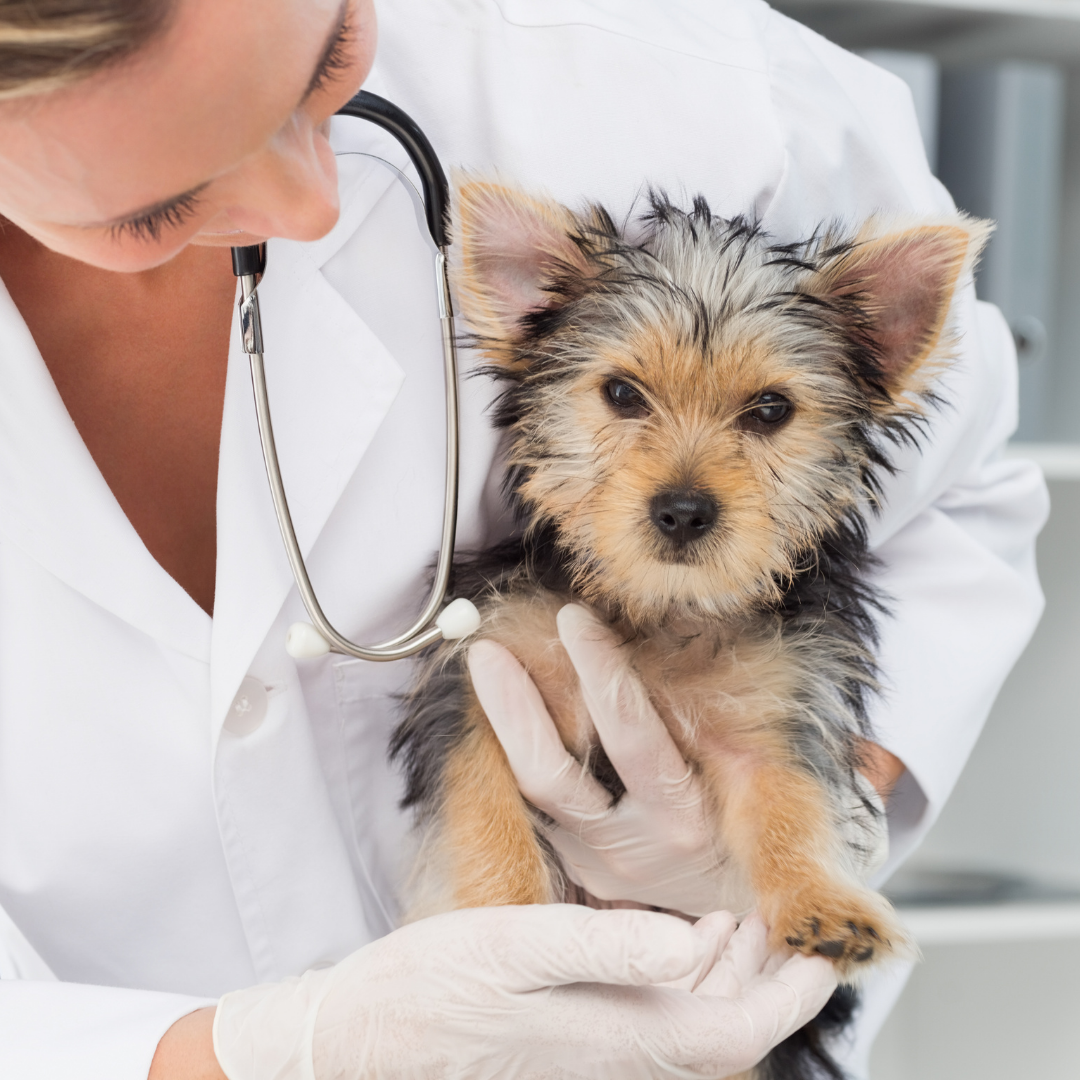Bringing home a puppy? Before you take your puppy out on their first adventure, read through the list of vaccines your puppy needs to stay healthy prior to starting outdoor activities and group puppy training!
@that.dood.winston_
August is National Immunization Month for pets! If you recently brought home a new puppy or are planning on bringing one home very soon, we recommend that you schedule your puppy’s first veterinarian appointment right away! Even if your puppy already had a veterinarian visit, it’s always good to have a follow-up once they come home from a shelter or breeder. Plus, it’s a great opportunity for you to ask your veterinarian about your puppy’s general health, care, puppy training, set up a vaccine schedule, and more.
For more information on what you should discuss with your veterinarian during the first visit, visit our blog “What to Ask Your Vet on Your Puppy’s First Visit!”
There are a lot of canine diseases that can be prevented with early vaccinations and regular boosters. Here are the main vaccines that all new puppies need in order to stay healthy!
SIGN UP FOR OUR WEEKLY PUPPY RAISING AND TRAINING TIPS!
Bordetella Bronchiseptica
There is a chance you may have heard the term kennel cough, a common and highly infectious bacteria in which dogs demonstrate bouts of coughing, whooping, vomiting, and in some extreme cases seizures or death. You can often identify it by the "goose-honking" sound your pup makes while they cough. The Bordetella vaccine can be received through an injection, intranasally, or orally. It is a must-have especially if you plan to take your puppy to group daycare, boarding, or group puppy training in the future.
Distemper
This is a highly contagious disease that can be transmitted from infected animals (dogs, raccoons, skunks, and others) through sneezing or coughing, as well as through shared food and water bowls. It can produce discharges from the eyes and nose, fever, coughing, vomiting, diarrhea, seizures, twitching, paralysis, and, often, death. While there is no cure if a dog ever contracted the disease, there are treatments for the symptoms.
Hepatitis
Another highly contagious viral infection is Hepatitis. It can affect the liver, kidneys, spleen, lungs, and eyes of a dog. If contracted, the symptoms include slight fever and congestion of the mucous membranes to vomiting, jaundice, stomach enlargement, and pain around the liver. Unfortunately, there is no cure for Hepatitis but a veterinarian can provide long-term treatment for the symptoms.
Parainfluenza
This is another infectious respiratory virus that can produce kennel cough.
Parvovirus
While this virus can affect any unvaccinated canine, puppies under four months are highly susceptible. It attacks the gastrointestinal system and produces fever, vomiting, loss of appetite, and bloody diarrhea. Dehydration due to parvovirus can be fatal within 48-72 hours and while there isn’t a cure for it, maintaining fluids is essential while the body’s immune system can fight off the virus.
Rabies
This viral disease can attack the nervous system in dogs causing headaches, anxiety, hallucinations, excessive drooling, fear of water, paralysis, and death. Commonly it is spread through contact with an infected animal, and treatment is required immediately to prevent death.
Setting Up Your Puppies Vaccine Schedule
During your puppy’s first veterinarian visit, talk with them about setting up a vaccine schedule. Not all states require the same vaccines, and others require additional vaccines. States in the North East for example require Lyme vaccine in wooded areas with high tick populations.
Typically puppies start with their first round of puppy vaccinations between six to eight weeks old, and end at around four months old. However, every vaccination schedule is individually based on your puppy’s age, size, other medical needs, and your state’s requirements.
Pro tip: Remember to be mindful as to where you take your pup and who you allow them to interact with before they've received all their vaccinations. With our students at The Puppy Academy, they don't socialize with the other pups or go for outdoor walks until they've received at minimum their 3rd round of vaccinations and have been cleared by their vet. If you wish to socialize your pup before they're finished with their shots, we recommend doing so with a close neighbor, friend, or family's dog who you can trust to be healthy and current with their own vaccinations.
Do you have more questions about socialization tips for pups who aren't fully vaccinated? Chat with our expert puppy trainers every Wednesday at 1 pm PT live on @thepuppyacademy Instagram! Also, keep up to date with puppy raising and training tips straight to your inbox by signing up for our newsletter VIP (Very Important Puppy) list www.thepuppyacademy.com/viplist!
Check out these blogs related to puppy training and more!
Puppyhood Made Easy for New Owners: Teach Your Puppy to Calmly Greet New People!
Puppyhood Made Easy for New Owners: Desensitization Training for Puppies!
Puppyhood Made Easy for New Owners: The Dos and Don’ts of Puppies & Kids!


